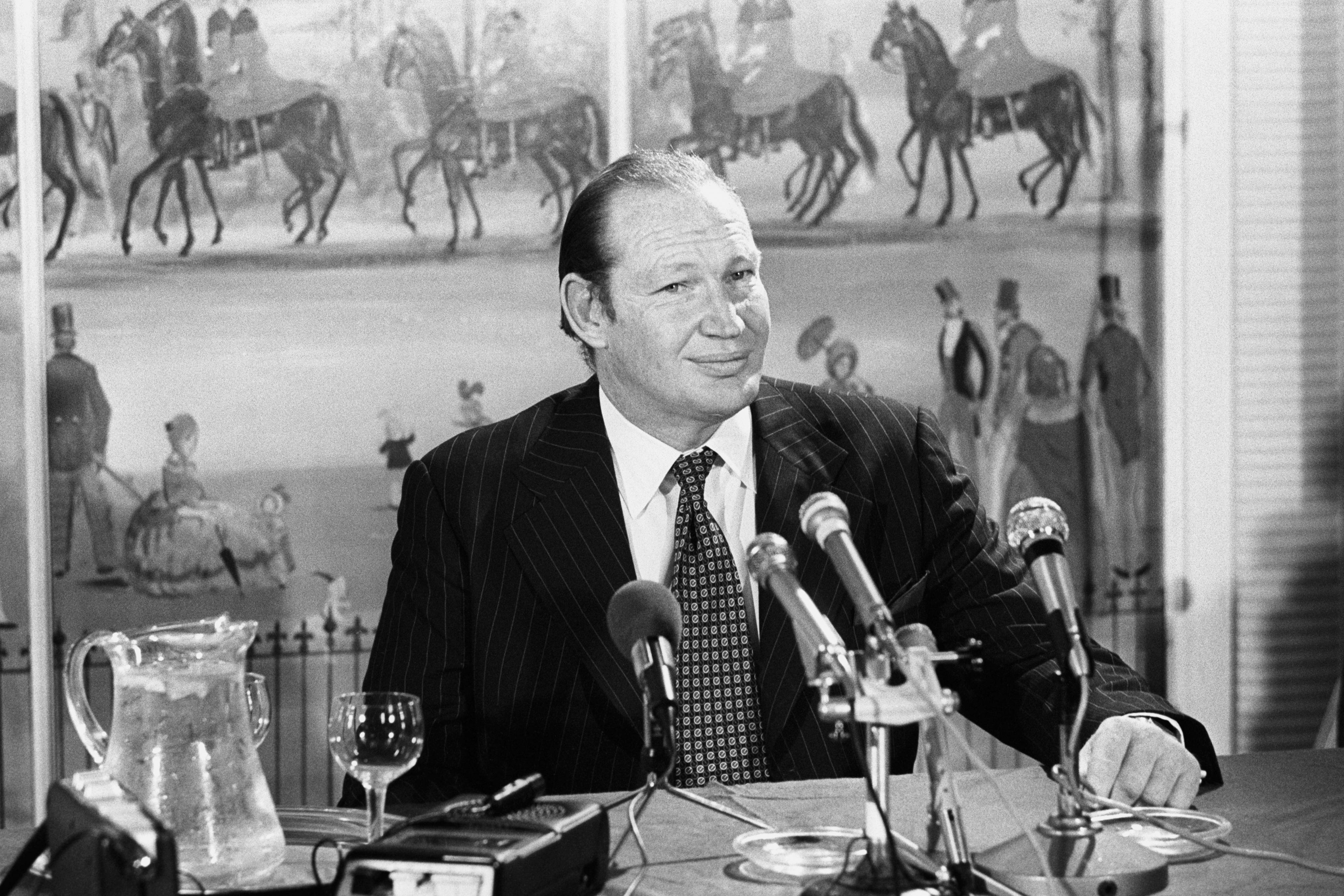Kerry Packer offered as mediator in Spycatcher case
Peter Wright’s lawyers suggested an out-of-court settlement, newly released official files show.

Australian media tycoon Kerry Packer was put forward as an unlikely mediator in the battle by Margaret Thatcher’s government to suppress the “Spycatcher” memoirs of ex-MI5 officer Peter Wright, according to newly released official papers.
The offer was made by Mr Wright’s Australian counsel – and future prime minister – Malcolm Turnbull as part of a proposed out-of-court settlement, files released by the National Archives show.
The young lawyer was propelled to international prominence with his aggressive cross-examination of Britain’s most senior civil servant Sir Robert Armstrong in the government’s ultimately doomed attempt to obtain an injunction banning publication there.
During the course of the five-week trial in Sydney in the autumn of 1986, Sir Robert, the cabinet secretary, famously admitted one of his statements had been “economical with the truth” – a comment eagerly seized on as proof of British duplicity.
In a telegram to London towards the end of his witness box ordeal, the mandarin disclosed that Mr Turnbull had approached the government’s counsel Theo Simos with an offer of talks with a view to reaching a settlement.
He said Mr Turnbull’s proposal would involve Mrs Thatcher recognising the problem of “old spooks wanting to tell their stories” and agreeing to set up a committee of inquiry.
The aim would be to move to a system similar to that in the US where ex-CIA officers could publish provided they had permission from their former employer.
Mr Turnbull said that if she agreed, Mrs Thatcher would be seen as “a champion of freedom of information and freedom of speech” while he would do his best say that Sir Robert had done “a splendid job”.
“Very good of him, I must say,” the Whitehall mandarin drily noted.
He said Mr Turnbull, who was a legal adviser to Mr Packer’s media empire, had added that the tycoon – best known in Britain for his rebel World Series Cricket – “could mediate if that were necessary”.
There was little enthusiasm for the proposal on the British side. Sir Robert noted the closing words of the judge that day quoting the Roman poet Virgil: “Timeo Danaos et dona ferentes” – beware Greeks bearing gifts.
“We certainly need to view Turnbull’s proposition in that light,” Sir Robert said. “There is not much enthusiasm here for starting down this course. We do not trust our Greek.”
In London, Mrs Thatcher and her senior ministers quickly decided that a settlement on such terms was “out of the question”.
“The government could not compromise on its point of principle that a member of the security service could not write an unauthorised book,” they agreed.
Bookmark popover
Removed from bookmarks